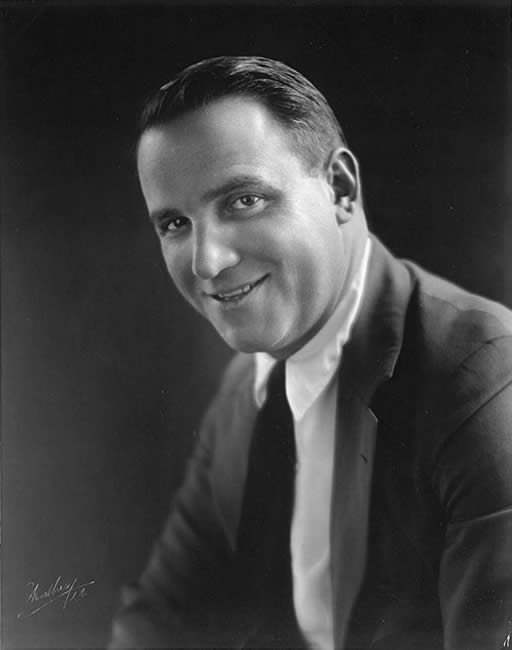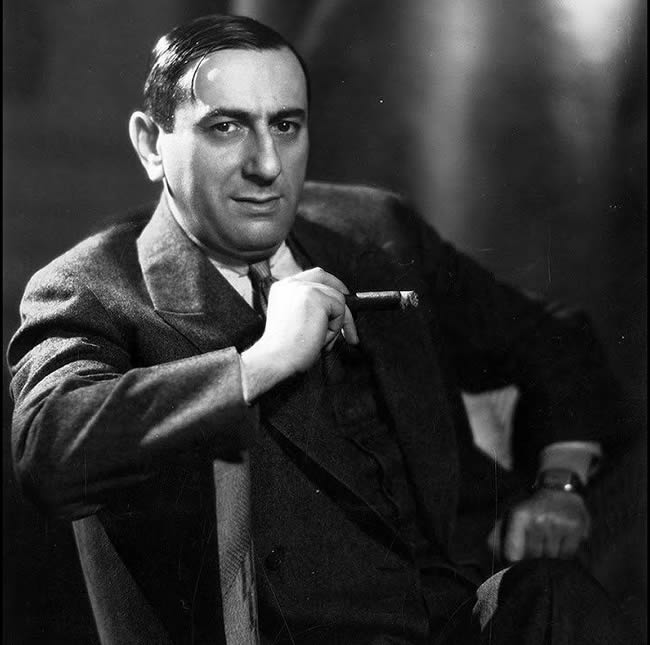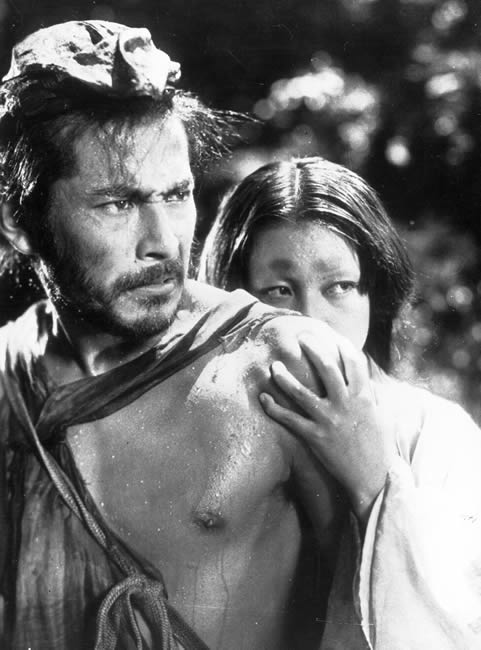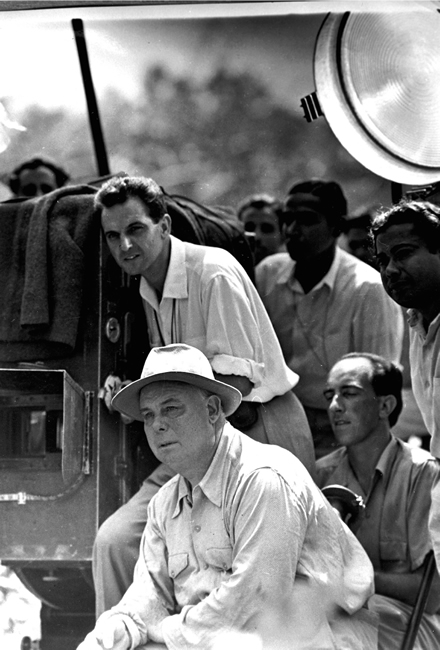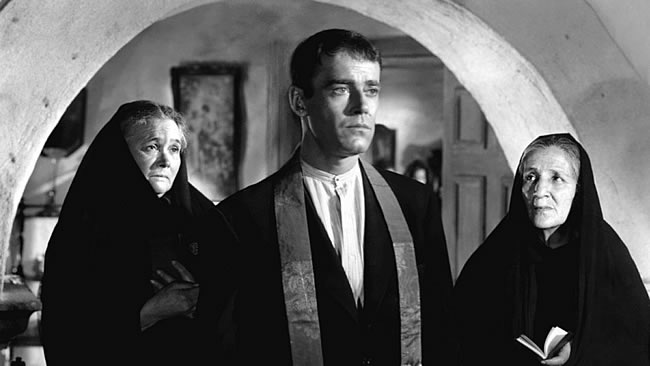
“If you do have a disagreement with Ford, it becomes an all-out fight. No half measures.
I’ve had my share of them, too. Total disagreements. One I particularly remember was, again, on The Fugitive. It was over the way to do a scene and Ford finally said: ‘Okay, we’ll shoot it both ways. Your way and my way!’ I felt almost triumphant. So first we shot it his way. With that he walked away from the whole thing and I never did get to do it my way!”
— Henry Fonda, speaking about director John Ford, in an interview for Radio Times (1972)

